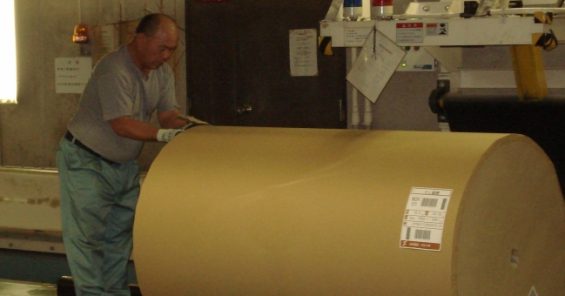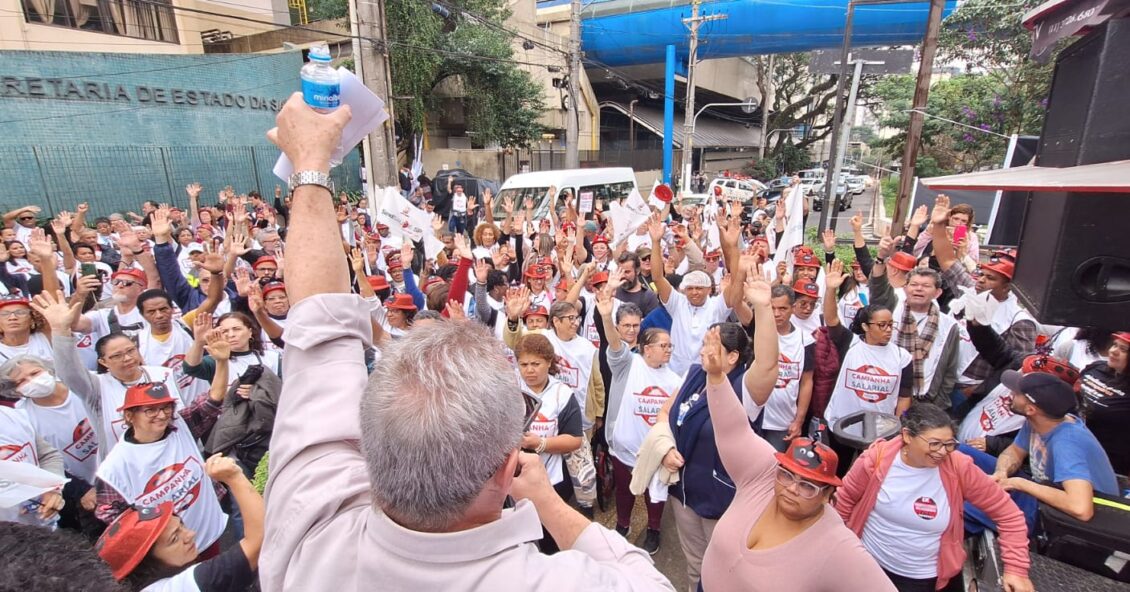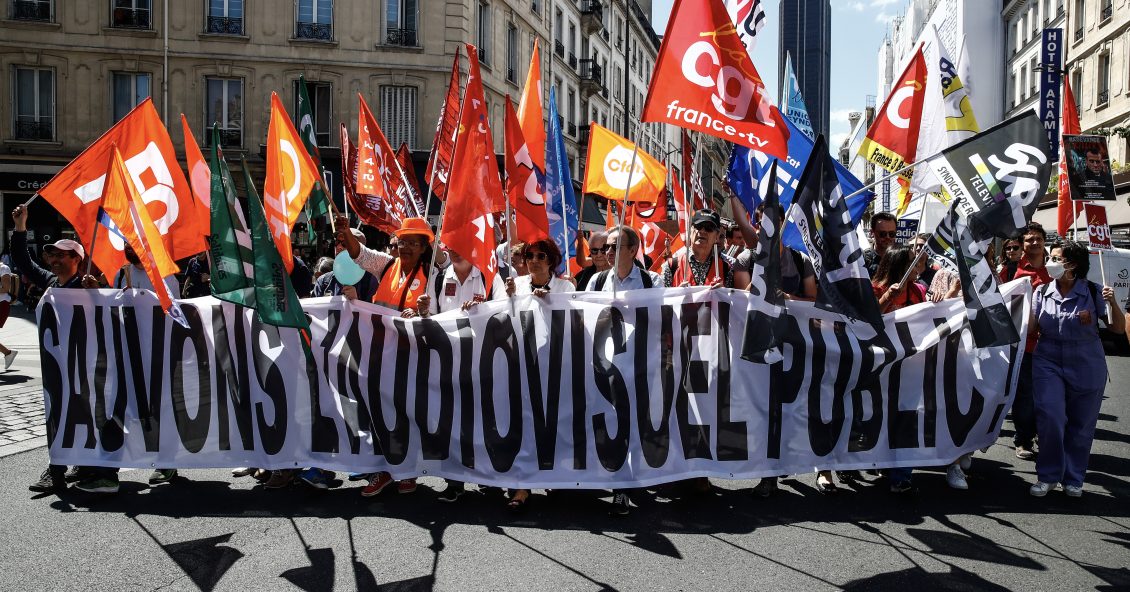UNI Graphical&Packaging is very concerned about the development of the COVID 19 pandemic and its devastation in all regions of the world. In this period of crisis, UNI G&P is convinced that the health of populations and workers must be the only emergency and the only priority of public authorities and companies.
The purpose of this statement is to set out some key principles for dealing with the COVID 19 crisis.
The activity of the graphical industry and the definition of its essential sectors
- Many countries that have taken measures to combat COVID 19 have considered the graphical and packaging sectors to be critical sectors during this pandemic period.
- It is, indeed, important that the newspaper and magazine sectors continue to operate with a view to disseminating quality information to citizens. This is essential to ensure the functioning of democracy, particularly in this period of crisis when there is a significant spread of false information.
- It is also necessary to continue to produce “essential” packaging for food, pharmaceuticals and medical equipment. Indeed, these are essential to meet the vital needs of populations.
- The availability of products from the “tissue” industry, such as protective masks, tissues and personal hygiene products, is also crucial.
- The list of key economic sectors that can continue their activities during the health crisis should be defined in close cooperation with the social partners of the sectors. Indeed, while it is true that the production/dissemination of quality information and the production of tissue paper are essential sectors, the packaging sector can only be considered as such for part of its activities, such as the packaging of food, pharmaceutical and sanitary products. In order to avoid spreading the virus and to protect workers, non-essential activities in the sector should be stopped.
Combat COVID within companies in the graphics sector by strengthening social dialogue structures at all levels
- In these particularly difficult times, employers in the sector are called upon to strengthen social dialogue structures at sectoral and company level. It is indeed imperative that trade union organisations be involved in all decisions in the sector relating to the reorganisation of work and health and safety measures so that these are understood and accepted by all workers.
- Multinational companies must commit themselves to establishing high and uniform rules for the protection of workers at all their production sites worldwide, based on best practice. In this context, UNI G&P calls on the management of these companies to engage in a dialogue with trade unions with the aim of establishing an adequate level of worker protection applicable to all company sites.
- Local and national trade unions in close coordination with trade union alliances, European Works Councils and other worker information/participation structures must ensure the strictest respect for these measures within multinational companies.
- UNI G&P calls on transnational employers’ federations in the sector such as Intergraf, at European level, and Conlatingraf, in Latin America, to engage with the regional organisations UNI Europa Graphical and UNI America Graphical&Packaging in a constructive social dialogue in order to examine more closely the situation of the graphics industry in their region and to adopt the necessary recommendations to protect first and foremost the workers, but also the companies in the sector.
Priority to telework where possible
- As several countries have decided, and where possible, all companies in the sector should put workers to telework.
The continuation of the essential activities of the sector with high health and safety rules decided jointly with the trade unions at the appropriate level
- Where telework is not possible and the company’s activities are deemed essential, work can continue in strict compliance with health and safety rules for workers. These rules will have to be defined jointly with the trade union organisations on the basis of best practice in this area. With a view to defining these high standards of worker protection, UNI G&P has drawn up the guidelines which are annexed to this declaration.
Temporary changes in work organisation must be negotiated with the trade unions
- In order to comply with these health and safety rules and to cope with likely high production demand (as in the tissue and packaging sector), changes in work organisation may be necessary (e.g. working with reduced shifts, multiplying shifts, rearranging working and rest times, reorganising the time available for canteens and changing rooms, organising regular disinfection of the premises, etc.). It is essential that these changes be negotiated with the trade unions, preferably within the framework of sectoral collective agreements, and implemented for the duration of the health crisis. The agreements will provide for a return to normal as soon as the crisis is over.
Consultation with workers is paramount in the search for solutions to protect workers’ jobs and wages
- Finally, employers must avoid laying off any redundant workers during this period of crisis. Together with trade unions, they shall conclude collective agreements to this effect.
- Collective agreements shall also be negotiated to maintain the wages of these workers in the event of illness, childcare leave or quarantine.
- Employers must also refrain from forcing workers to take their annual vacation during this period of confinement.


